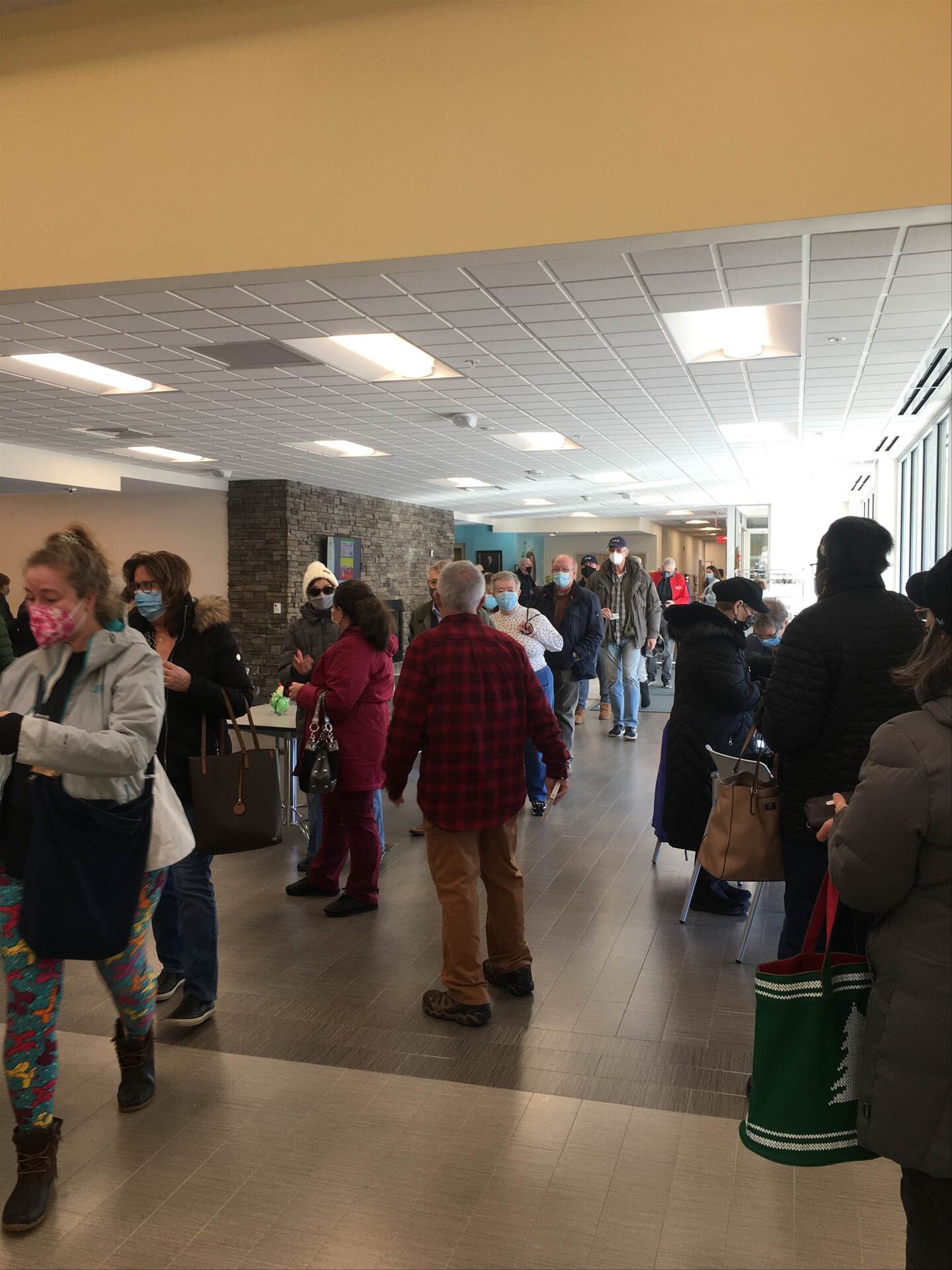SALEM — What’s haunting Salem this Christmas: visions of a variant running rampant this winter.
“I think the city’s worried about what everybody’s worried about,” said Health Agent David Greenbaum. “That Omicron is going to create a spike and surge in cases that are gonna be uncontrollable at some point.”
To help curb the spread over the holidays, Salem is handing out rapid antigen test kits this week to city residents. The supply is limited, with the city receiving some 12,000 kits from the state. Most of those were distributed to social service agencies and other places considered Covid hotspots in Salem.
The remainder of city health officials plan to distribute through Wednesday -- mornings at City Hall Annex and afternoons at the Community Life Center.
“We have a few thousand right now,” Greenbaum said. “We’re going through them pretty quickly. So it’s first come, first served.”
Several residents told Boston 25 News they were grateful to get the test kits because they couldn’t find them elsewhere.
“I know I was in CVS a few minutes ago and they said they were all sold out,” said Robert Ross.
“Yeah, nobody’s got ‘em,” said Mark Tatlis. “Like the pharmacies, they’re all out. So this was nice.”
Doris Canzano picked up her test kit at the Community Life Center Monday. She’s also double-masking these days, so concerned is she about the new variant.
“I got my booster so hopefully that helps everything out,” she said.
Actually, getting a booster seems to help -- at least that’s what early data out of the U.K. suggests. After looking at about two weeks of infection data, researchers at Imperial College London estimate with the AstraZeneca and Pfizer boosters, a 55 to 80 percent effectiveness rate against symptomatic infection.
But two-dose regimens offered much worse protection, with early estimates of 0 to 20 percent effectiveness.
The data, collected between November 29 and December 11, 2021, also found Omicron spreading rapidly and evading natural immunity.
During those dates, the proportion of Omicron cases doubled every two days, giving it an R-naught -- or Reproductive Number -- greater than three. The dataset showed Omicron 5.4 times more likely to reinfect those who previously had Covid.
©2021 Cox Media Group







